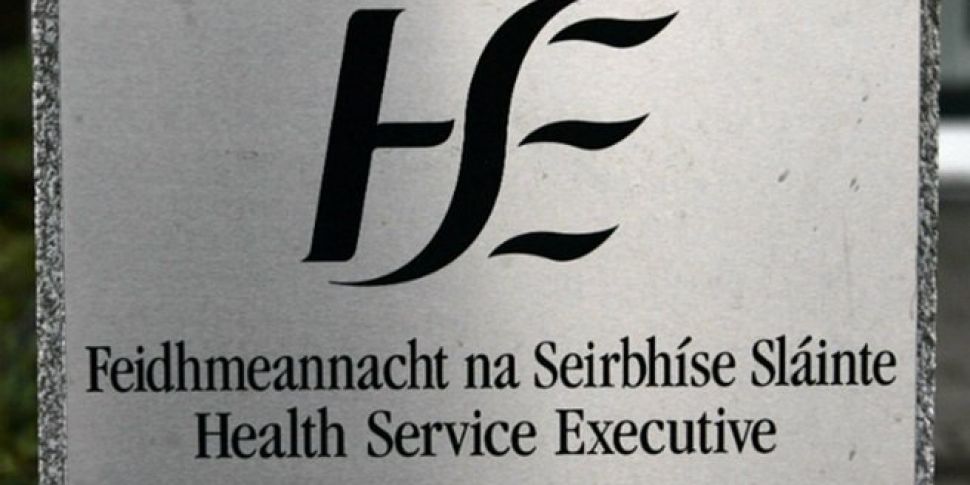In the recent discussions of the Aras Atttracta scandal in care Minister Lynch emphasized that "Every person who uses disability services is entitled to expect and receive supports of the highest standard and to live in an atmosphere of safety and care.”
Investigations are underway and must be supported and their findings not yet presumed but the travesty that played out before our eyes is a clear statement that this expectation is not being met. This is not just about some “bad apple” staff. How were individuals capable of this able to be employed? Why did education and training not screen them out or better equip them to provide quality care? What was the breakdown in procedures, supervision, administration and oversight that failed to identify and address these concerns until now?
There are no excuses to explain this but no simple solutions either. This happened because cultures develop where these behaviours become possible, where there is fear among staff about questioning, challenging and reporting. Where procedures to protect staff rights and agency independence ignore the need for even greater protection for vulnerable people and oversight approaches are apparently susceptible to being managed to avoid detection of these kinds of concerns.
This is not unique to Intellectual Disability services. We’ve seen whistleblower issues in a whole range of areas in Irish life and we must be similarly concerned about quality of care in homes for the aged, mental health facilities and even in general hospitals.
There are staff, providers and families out there who are providing exemplary care and we should not lose sight of that but an entitlement to “highest standard and to live in an atmosphere of safety and care” must mean more than responding to scandals and concerns - we must contribute to creating the cultures where not only bad things don’t happen but there is no choice but that we do what’s right. Each of us needs to ask what’s my part – we all have a responsibility to do better.
Mary McCarron, PhD is the Dean of The Faculty of Health Sciences at Trinity College, Dublin
What options are now open for investigating the findings of last night's Prime Time investigation?
Where there are allegations of patient abuse there can be three strands of investigation:
- Employer/employee
- Trust in Care
- Criminal Law
Looking at the area of employer/employee - the HSE or whoever the service provider is, will have quite detailed grievance and disciplinary procedures. The procedures will normally provide for a number stages i.e. investigation stage to establish the fact as to whether an abuse took place. This will be usually be followed by a disciplinary hearing and then possibly an appeal. The persons conducting the investigation will be different from those conducting the disciplinary hearing, Similarly the persons conducting the appeal will be different again. The HSE and most other employers in the health area will have procedures which will set out in detail various aspects of the procedures e.g. the right to representation, possible sanctions, suspension with pay etc. The standard applied is the civil standard of proof i.e. on the balance of probabilities.
When there are allegations of abuse the HSE will usually conduct a Trust in Care Investigation . I think the long title for Trust in Care is “ Trust in Care Policy for Health Service Employers on Upholding the Dignity and Welfare of Patients/Clients and the Procedure for Managing Allegations of Abuse against staff members”. What can happen is that the HSE send in a team of investigators to investigate allegations. The investigation team will interview all relevant parties and examine the evidence and produce a report. It might happen that the Trust in Care investigation will be used to establish the facts and dovetail into the disciplinary procedures.
Quite separate from the two processes above there can in certain cases be a Garda investigation. Here one would be dealing with a breach of the criminal law. The standard of proof being beyond a reasonable doubt. Initially an allegation or allegations would be investigated by the Gardai. A file could be sent to DPP who would decide whether to prosecute and which charges to bring. The DPP may consent to the matter being dealt with summarily i.e. in the District Court or by way of indictment in the Circuit Court.









